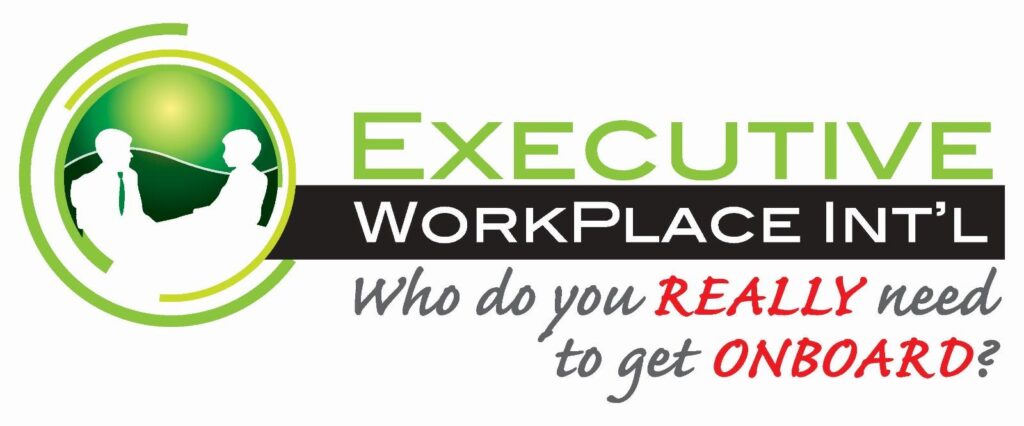Job interviews can be nerve-wracking, but with the right preparation, you can showcase your skills and personality to leave a lasting impression. This article provides practical interview tips for candidates, helping you approach interviews with confidence and professionalism.
1. Research the Company Thoroughly
Before your interview, invest time in learning about the company. Visit their website to understand their mission, values, and recent news. Read about the company culture and get familiar with the products or services they offer. This knowledge will help you tailor your answers to align with the company’s goals and demonstrate your genuine interest in the role.
2. Understand the Job Description
Carefully review the job description and note the key responsibilities, skills, and qualifications required. Be ready to explain how your experience aligns with these requirements. Highlight specific accomplishments that demonstrate you have the skills the employer is looking for.
3. Prepare for Common Interview Questions
While every interview is unique, there are certain questions you can expect to hear in almost every setting. Practice answering these common questions:
- “Tell me about yourself.”
- “Why do you want to work here?”
- “What are your strengths and weaknesses?”
- “Tell me about a time you faced a challenge at work and how you handled it.”
For behavioral questions, use the STAR method (Situation, Task, Action, Result) to structure your responses. This ensures your answers are clear, concise, and focused on specific examples.
4. Prepare Thoughtful Questions to Ask the Interviewer
At the end of the interview, the interviewer will likely ask if you have any questions. This is your opportunity to show interest and gather more information about the role and company. Ask thoughtful questions such as:
- “What does a typical day look like in this role?”
- “How do you measure success in this position?”
- “What are the biggest challenges facing the team right now?”
Avoid asking about salary or benefits during the first interview unless the interviewer brings it up.
5. Practice Good Body Language
Your body language speaks volumes during an interview. Practice maintaining good posture, making eye contact, and offering a firm handshake. Smile when appropriate, and show enthusiasm through your gestures and expressions. This will convey confidence and positive energy, which interviewers appreciate.
6. Be Punctual
Arriving on time is critical to making a good first impression. Plan to arrive at least 10-15 minutes early. If the interview is virtual, ensure your technology works properly and that your environment is free of distractions.
7. Dress Appropriately
Dress professionally for your interview, even if the company has a casual dress code. Research the company culture to understand the level of formality expected. When in doubt, it’s better to be slightly overdressed than underdressed. First impressions matter, and a polished appearance demonstrates that you take the opportunity seriously.
8. Stay Calm and Confident
It’s normal to feel nervous before an interview, but try to remain calm and confident. Practice deep breathing techniques to manage your anxiety. Remember that the interviewer is interested in getting to know you, not just testing you. Approach the interview as a conversation, and trust in your preparation and abilities.
9. Follow Up with a Thank-You Note
After the interview, send a thank-you email within 24 hours. This is a chance to express gratitude for the opportunity, reiterate your interest in the role, and briefly mention something from the interview that resonated with you. A well-crafted thank-you note can leave a lasting impression and help you stand out from other candidates.
Conclusion
Interviews are an essential part of the job application process, and success comes from thorough preparation and confident presentation. By researching the company, practicing common questions, preparing thoughtful responses, and showcasing your best self, you can make a strong impression and increase your chances of landing the job.





